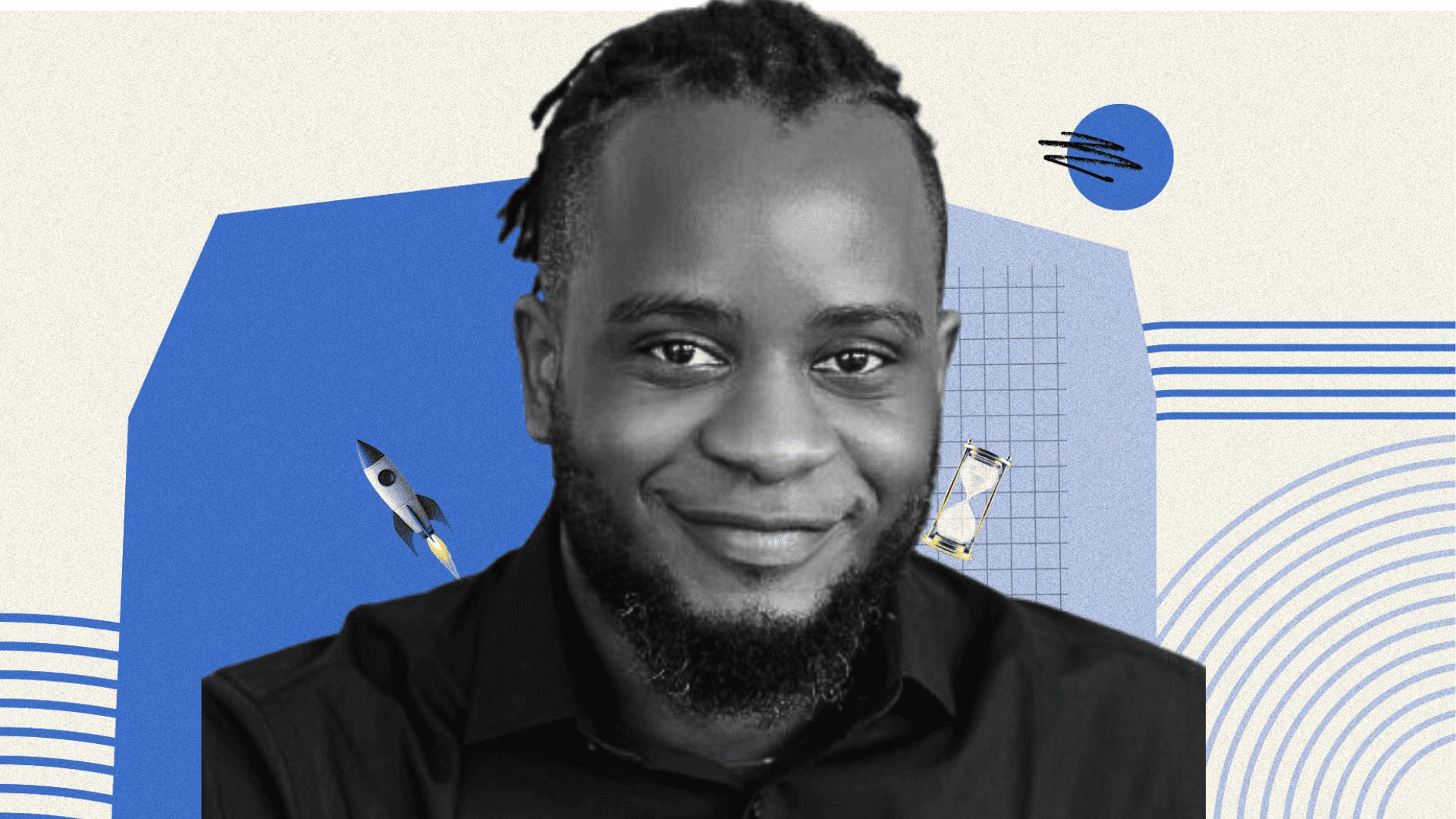Bunce describes itself as a data-driven engagement platform. But for its founders, the real journey wasn’t just about building software; it was about the near-impossible task of convincing businesses to hand over their most sensitive asset – customer data – in a business industry founder Paul Ayuk describes as a “hell hole” for businesses.
This is the story of how Bunce learned that in Africa, you have to build a fortress of trust brick by brick before you can sell a product.
Day 1: The spark and the chaotic genesis
The story begins in 2021, at a place of shared frustration. Paul Ayuk and his co-founder, Damilola Soladoye, were working at a payday loan company, grappling with a universal problem: customers taking loans and not paying them back.
The duo worked to build a tool to address this. “What the solution did was that you send messages to customers to tell them that your subscription or your payment is coming up, or your payments didn’t go through,” Ayuk recalls.
The idea lay dormant until a conversation with his other co-founder, Justus Oseuno, who was struggling with a different software launch. “He was just telling me about how he had built this software for somebody, and they tried to launch, and payments were failing, and they lost those customers because they didn’t have a way to reach out to them.”
Ayuk immediately called Soladoye and, in a three-way conversation with Oseuno, whom they hadn’t met until the call, pitched the idea. “I [was] just like, ‘Yo, bro, you remember this thing we did? Wouldn’t it make sense for us to, you know, just like build it out?’”
The name came from a hurried search for synonyms for ‘make money.’ They found ‘Bunce,’ a British word for money, saw the .io domain was available, and bought it. That was it. The company was born from a practical solution and a chaotic, multi-way call, with no concrete plan for the thousand days ahead.
Day 500: The grind and the silent battles
The initial concept was simple: help businesses recover failed payments. But Bunce’s premise relied on accessing payment data and customer information, a major point of friction in a market with inherent skepticism.
For the first year and a half, Ayuk was building Bunce while working a full-time engineering job. Bunce was a side hustle, a ‘focused activity’ squeezed into nights and weekends. It wasn’t until November 2022, after getting into an accelerator, that he finally quit. “I just felt the need to focus,” he says, despite the software “crashing every other day.”
The ‘trust desert’ was their central battle. “It was actually really tough,” Ayuk admits. Their first, fragile strategy was radical transparency. “We didn’t try to claim we’re bigger than we are. I mean, you would find that some people could be empathetic to startup founders.”
This ‘empathy’ was a thin reed to lean on. “Merchants in financial services were a no-no. It was really hard to close.” Faced with this wall, Bunce made a crucial, pragmatic shift in its initial target market of typical tech companies to e-commerce, where data was seen as less sensitive.
But to grow, they needed credibility. The grind was no longer about features, but about fortress-building. This meant overcoming a personal hurdle for Ayuk: “One of the things about myself is that I don’t really like to speak much. But, it’s impossible to make a good product without speaking to customers like every [single] day.”
Their multi-pronged assault on the trust problem was unglamorous and relentless:
- Technical Assurance: Securing databases and encrypting data.
- The Ultimate Concession: For the biggest clients, they offered custom deployments where the software ran on the client’s own servers, ensuring data never left their premises.
- Strategic Partnerships: Leveraging partnerships with Paystack and Flutterwave to borrow their credibility.
- The Certification Marathon: The long, arduous process of obtaining NDPR (Nigeria Data Protection Regulation) and SOC2 certifications began. Both data compliance certifications allow their customers to trust that they had been certified by the Nigerian Government to handle data.
This period was defined by a critical adaptation. Ayuk clarifies it wasn’t a product pivot, but a ‘messaging pivot.’ They shifted from selling “payment recovery” to selling “customer data” utilisation, a reframe that unlocked new markets without rebuilding a single line of code.
Day 1000: The breakthrough and the systemic reality
The first real validation was a payment. “The first time someone paid us was in January 2024. “I was like, ‘Whoa, someone paid us,’” Ayuk says. But a more profound moment came soon after: “The first time our customers sent people thousands of messages, and they all went through, I thought, we’re really doing this, it’s working.” Seeing their system handle real volume was the confirmation that they were building something viable.
Reflecting on the journey, Ayuk’s advice to his Day 1 self is brutally practical, born from a key mistake: “Speak to customers every day; charge from day one. We had this ridiculous free plan for a year that really prevented us from making any money in 2023. If people are not paying, they’re not seeing enough value.”
The African context continues to dictate their strategy in ways a Silicon Valley counterpart would never face. Ayuk highlights the ‘mismatch’ of WhatsApp and SMS being the most effective channels, but also ‘really expensive,’ making high-volume engagement prohibitive. More critically, he points to a systemic market shift: the move from card payments to transfers.
“Transfers are becoming more popular than card payments, and there’s very limited data you can get,” he explains. With a card, you get a rich data profile; with a transfer, you get a name and an amount. This continent-wide trend forces Bunce and its clients to collect behavioural data earlier in the customer journey, a fundamental constraint on their business model.
For Bunce, the future is about deepening personalisation, but the foundation will always be the trust they fought so hard to earn. They navigated the desert not with a faster car, but by patiently building rest stops, securing guides, and proving their reliability one partnership and one certification at a time. Their journey is a testament to the fact that in Africa’s tech ecosystem, the most important infrastructure isn’t just digital, it’s reputational.
Mark your calendars! Moonshot by is back in Lagos on October 15–16! Meet and learn from Africa’s top founders, creatives & tech leaders for 2 days of keynotes, mixers & future-forward ideas. Get your tickets now: moonshot..com












